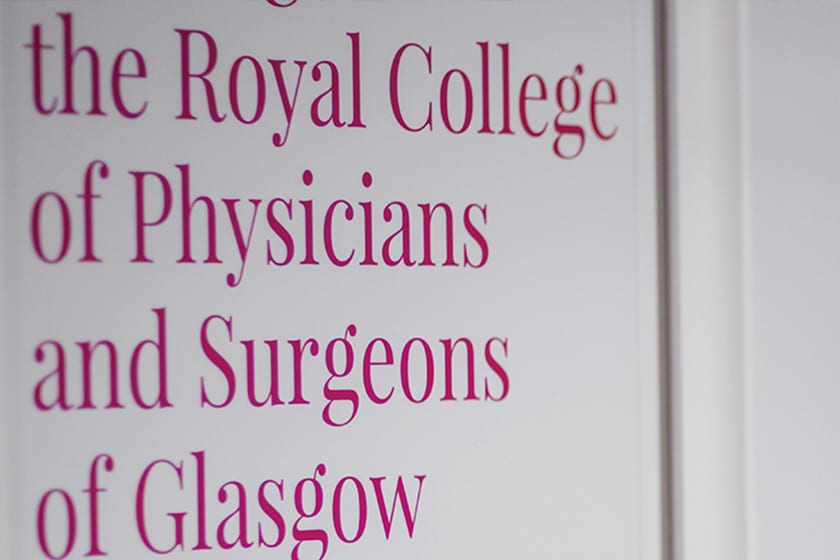Pharmacological management of migraine
15 Dec 2017
New National Clinical Guideline, SIGN 155 will be published on 13 February 2018.

This guideline updates the sections on pharmacological management of patients with migraine in SIGN 107: Diagnosis and management of headache in adults, published in 2008. It also includes evidence on the use of devices for the acute and prophylactic management of patients with migraine.
Why we need the guideline
Migraine is the most common severe form of primary headache with a global prevalence of around one in seven people.
It is estimated that migraine costs the UK around £3 billion a year in direct and indirect costs, taking into consideration costs for healthcare, lost productivity and disability.
Since the publication of SIGN 107 there have been advances in the diagnosis and treatment of migraine For example, medication-overuse headache is increasingly recognised as a problem, for which migraine is the most common underlying headache disorder.
Botulinum toxin A and a number of devices are now available for the treatment of patients with migraine. There is, therefore, a need to update the evidence on existing treatments and evaluate the evidence for new treatments.
The challenge for healthcare professionals
• Correctly diagnose migraine
• Know how to use acute treatments
• Be alert to the possibility of medication-overuse headache
• Know how to use preventative treatments
• Be aware of different therapies for women who may have menstrual-related migraine
• Appropriately manage pharmacological therapies for women who may become pregnant and advise them of potential risks of medication
• Know when to offer alternative pharmacological therapies or refer for specialist advice or therapy such as botulinum toxin A
Remit
This guideline provides recommendations based on current evidence for best practice in the acute and prophylactic management of
adults with migraine using pharmacological therapies or devices. The focus is on adults with acute migraine and preventative treatment in patients with episodic or chronic migraine and medication-overuse headache.
Category: Wellbeing
Latest news and statements
Key priority areas
Topics
- Workforce
- Wellbeing
- Equality, Diversity and Inclusion
- Climate Change
- Health Inequalities
- College
- Obesity
- COVID-19
Archive
Key links
Tweets by @rcpsglasgow